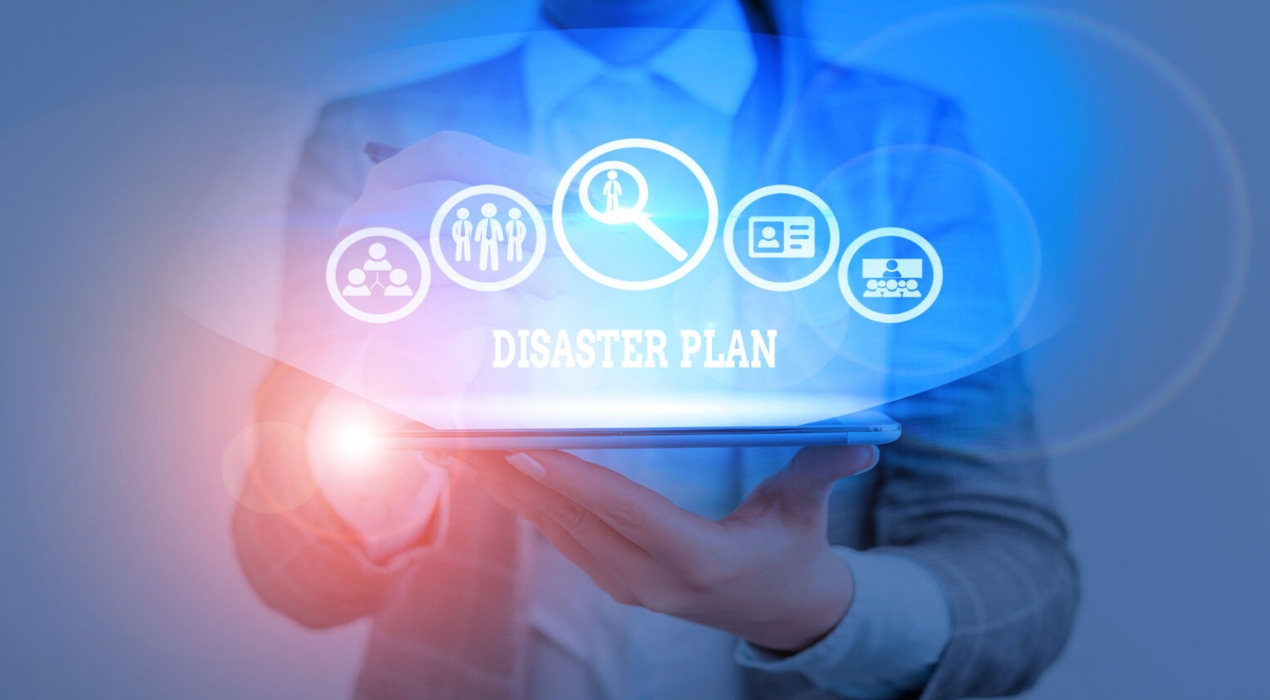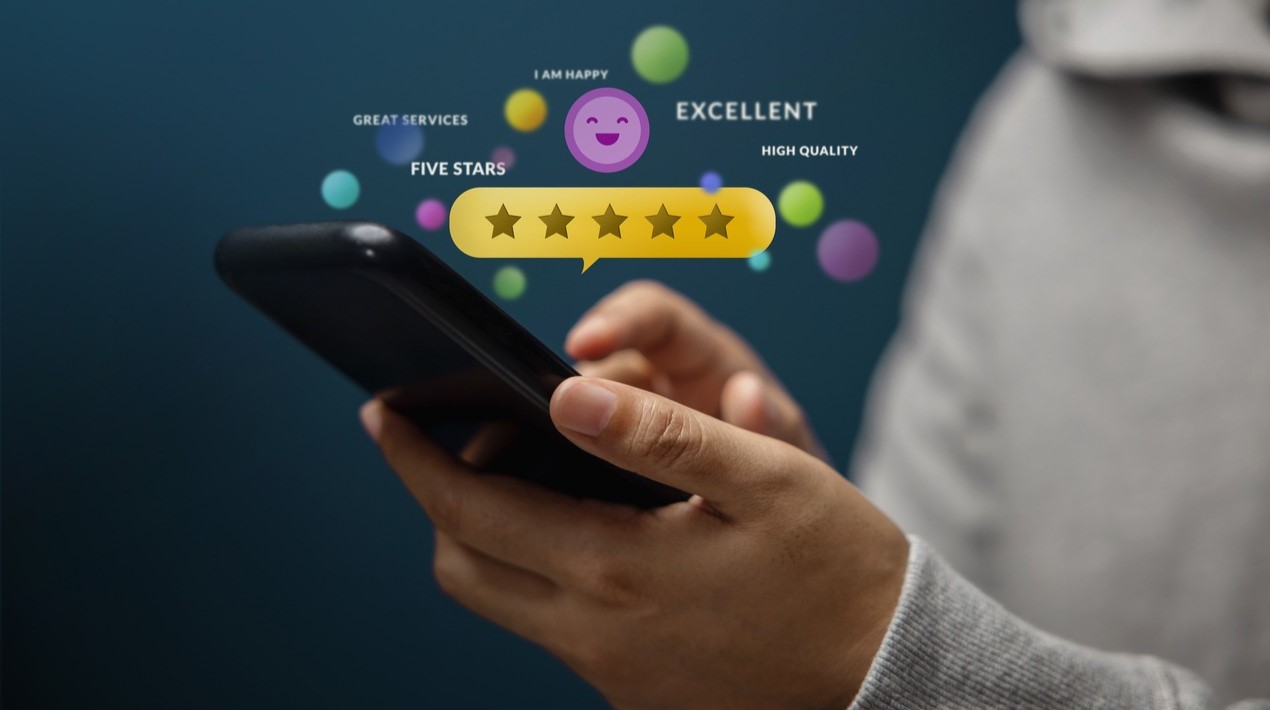
|
Getting your Trinity Audio player ready...
|
In recent years, large language models (LLMs) have emerged as a promising tool in various sectors, including healthcare. However, amidst their increasing popularity, there exists a need to clarify misconceptions surrounding their capabilities and limitations. At the forefront of leveraging LLMs for healthcare optimisation, the Australian e-Health Research Centre (AEHRC) is pioneering efforts to harness AI tools effectively while ensuring patient safety and ethical standards are upheld.
At the heart of LLMs lies the concept of generative AI, where these models generate content in response to user prompts. With various types of generative AI creating diverse forms of content, LLMs stand out for their proficiency in recognising, translating, summarising, predicting, and generating text-based content. Operating on transformer architecture, these neural networks analyse patterns in data to predict the next word in a sentence, albeit without reasoning capabilities.
Dr Bevan Koopman, a Senior Research Scientist at AEHRC, underscores the distinction between LLMs’ pattern recognition prowess and their inability to reason. Despite their advanced language generation capabilities, LLMs rely on high-quality data to function optimally, making them indispensable tools rather than magic solutions in healthcare.
LLMs aren’t cure-alls, but they aid in healthcare by streamlining processes and supporting clinicians. AEHRC’s LLM-based chatbots like Dolores help in patient education and note-taking, while ongoing research delves into the public’s use of LLMs for health info, revealing their effectiveness and limitations.
While LLMs play a crucial role in healthcare, they represent just one facet of AI. AEHRC is spearheading the development of diverse AI tools, including VariantSpark and BitEpi, designed to understand genetic diseases and analyse synthetic medical images. Moreover, ensuring the safety and ethical use of AI in healthcare remains paramount, with stringent regulations and collaboration across stakeholders driving responsible AI implementation.
As AI continues to evolve, AEHRC remains committed to advancing healthcare through innovation and collaboration. While LLMs offer valuable contributions, understanding their scope and limitations is essential. By navigating the digital landscape with clarity and purpose, AEHRC aims to foster a future where AI enhances healthcare outcomes while earning the trust of patients, clinicians, and stakeholders alike.
While LLMs show promise in healthcare, it’s vital to understand their limits. AEHRC’s research and collaboration aim to responsibly integrate AI for improved patient care and healthcare advancements.
CSIRO, in collaboration with health industry and government partners, is at the forefront of developing digital health innovations aimed at revolutionising healthcare delivery. Their initiatives span various areas, including mobile health solutions, remote care delivery, and support for hospital and health systems.
One of their notable contributions is the development of smartphone chatbot apps leveraging artificial intelligence to provide social and communication therapy at home. These apps serve as innovative tools for individuals seeking therapy outside traditional clinical settings, offering personalised support and interaction.
Additionally, CSIRO is pioneering the use of social robots to assist in education and therapy for children with autism. These robots are being tested as effective aids for learning and social interaction in children with autism, potentially revolutionising therapy for this demographic.
In integrated healthcare, CSIRO’s Ontoserver fosters seamless communication between health systems, enhancing patient care by facilitating efficient sharing of vital information across platforms.
Their predictive risk model offers a groundbreaking approach to healthcare analytics, identifying patients at risk of hospitalisation within 12 months. This proactive strategy allows for early intervention, potentially averting hospital admissions and enhancing patient outcomes.
CSIRO is pioneering ageing-in-place solutions with a comprehensive sensor, monitoring, and support system. This technology empowers older individuals to maintain independence in their homes longer, improving quality of life and alleviating pressure on healthcare systems.
Through their multifaceted approach to digital health innovation, CSIRO is driving transformative change in healthcare delivery, fostering collaboration, and leveraging cutting-edge technologies to address the evolving needs of patients and healthcare providers alike.
















